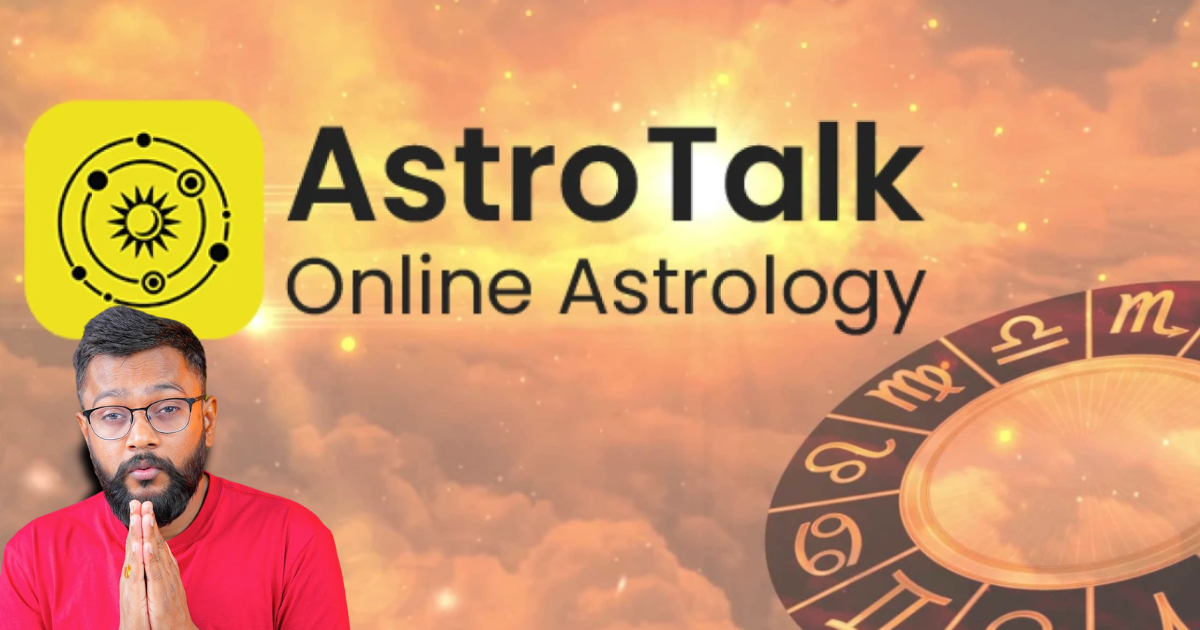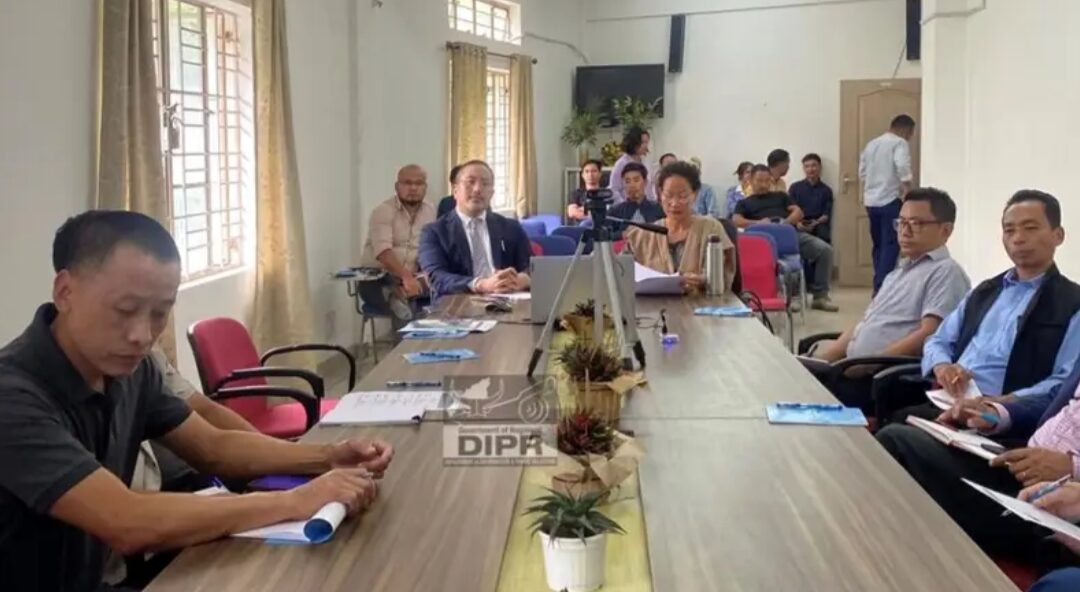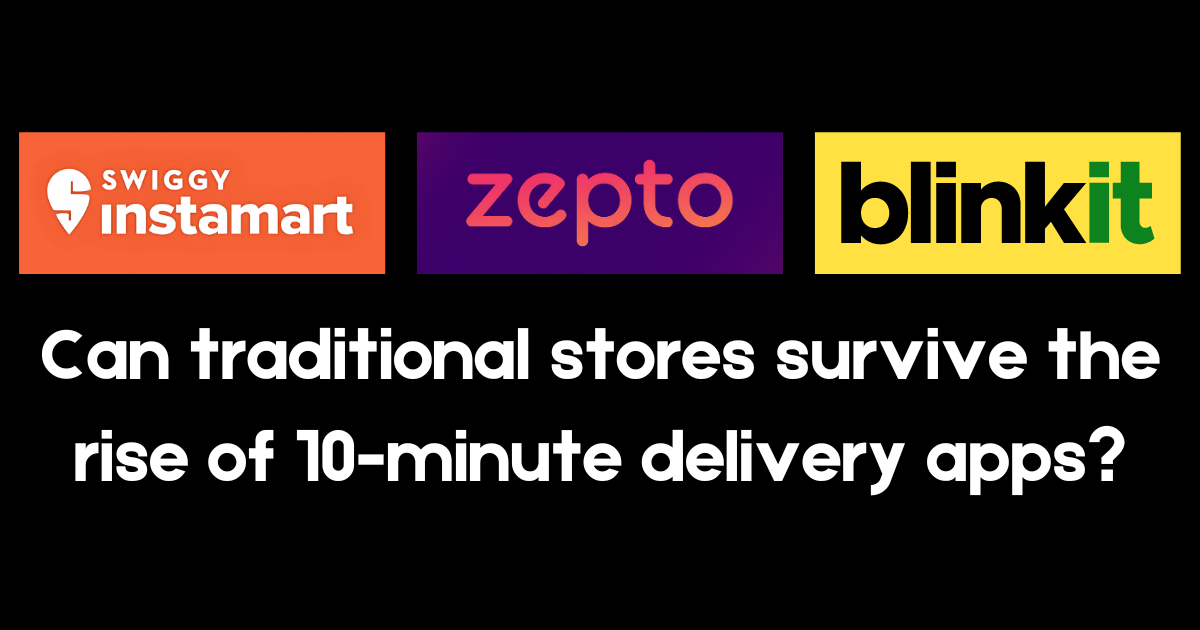In a recent video, popular Indian YouTuber Gyan Therapy has shed light on the deceptive practices employed by the astrology app Astrotalk. Known for his insightful content aimed at the youth, Gyan Therapy’s exposé has raised serious concerns about the exploitation of vulnerable individuals seeking guidance through digital platforms.
Gyan Therapy’s Personal Experience with Astrotalk
Gyan Therapy’s journey into the world of Astrotalk began with targeted advertisements promising personalised astrological advice. Intrigued, he decided to explore the app firsthand.
However, his experience quickly revealed a pattern of generic and non-specific predictions based on minimal information such as date of birth and time.
Also Read: Luton Town’s Tourist Potential Boosted by Popular YouTube Channel ‘Yes Theory’
The YouTuber demonstrated how the astrologers on Astrotalk used tactics to lure users into spending money. Free initial consultations often led to costly services, with pressure tactics employed to make quick decisions based on fear of adverse events.
Gyan Therapy even tested the app’s accuracy by providing false scenarios, such as mentioning his deceased mother as if she were alive, only to receive inconsistent and inaccurate predictions.
Ethical Concerns and Societal Impact
The exposé raises significant ethical concerns about the exploitation of individuals seeking guidance during vulnerable moments. Astrotalk’s practices prey on the desperation and distress of people facing challenges in various aspects of life, from career and relationships to health and finances.
Gyan Therapy’s investigation highlights the broader impact of such fraudulent practices on societal trust in digital platforms offering personal advice. The ease with which these apps can manipulate and mislead users calls for increased awareness and scepticism when engaging with online astrological services.
Also Read: Juventus star rejects massive pay cut amid contract talks
Empowering Viewers through Awareness and Critical Thinking
In his video, Gyan Therapy urges his viewers to be cautious of too-good-to-be-true promises and to avoid making decisions based on fear instigated by such apps. He emphasises the importance of trusting in oneself and one’s hard work rather than relying solely on astrological predictions.
The YouTuber’s message aims to empower his audience to make informed choices and protect themselves from potential exploitation. By sharing his personal experience and exposing the deceptive practices of Astrotalk, Gyan Therapy encourages individuals to exercise critical thinking and discernment when engaging with online services, especially those that claim to offer life-altering advice.
Also Read: Meta Launches AI Comment Feature Amid Mixed Reviews
The Call for Regulation and Accountability
The revelations made by Gyan Therapy highlight the urgent need for regulation and accountability in the realm of online astrological services. As these platforms gain popularity and reach a wider audience, it is crucial to establish guidelines and safeguards to prevent the spread of misinformation and protect vulnerable individuals from financial and emotional exploitation.
Policymakers and regulatory bodies must address the growing concern surrounding fraudulent practices in the digital space and work towards implementing measures to ensure transparency, accuracy, and ethical conduct.
Only through collaborative efforts between consumers, content creators, and authorities can we create a safer and more trustworthy online environment.
Also Read: ReDimension Games: Trailblazing the Gaming Industry in Nagaland
Gyan Therapy’s exposé of Astrotalk is a powerful reminder of the importance of vigilance and discernment in an increasingly digital world. As we navigate the complexities of online services, it is essential to prioritise our well-being, trust our instincts, and seek guidance from reliable sources.
By fostering a culture of awareness and critical thinking, we can empower ourselves and others to make informed decisions and protect against the perils of fraudulent practices masquerading as genuine support.




